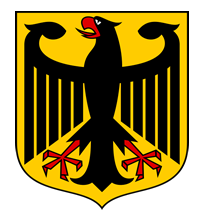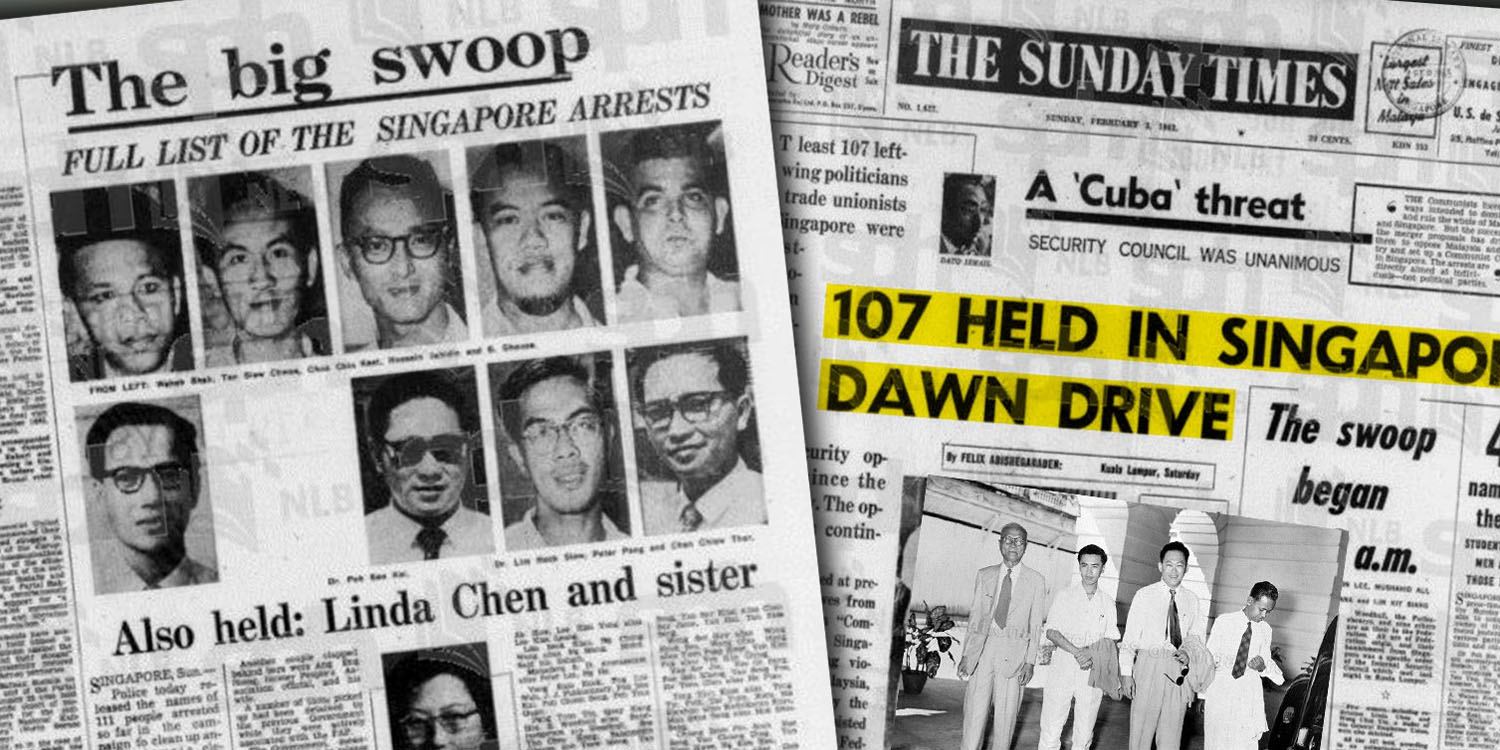
"If we let Korea down, the Soviets will keep right on going and swallow up one after another.”
— US President Harry Truman
Once again, conflict arises. The War to end All Wars brought about an era of what was once perceived as perpetual peace, but then we saw the worst war in human history, trumping even the first. The effects of the brutal Second World War can still be felt around the world, five years later. While we were once divided by the struggle between the "Allied" and Axis Powers, we now enter an era of division between communism and capitalism. While major cities still lay in ruins, humanity is on the verge of yet another war; this time, it has the potential to wipe us all out. The Cold War has begun, and with both the Union of Soviet Socialist Republics and United States of America possessing nuclear weapons, the third and final war could begin any moment. The year long Berlin Blockade barely prevented a major conflict between the world's super powers, but now that China has fallen to communism, the West fears a domino effect elsewhere. North Korea sets its eyes on uniting the peninsula, setting the stage for the first major confrontation between communism and capitalism.
Rules:
I:No godmodding, meta-gaming or any variant
II:Be realistic
III: Development of nukes will take time. The UK, for example, didn't get one until 1953
IV: Any military movements must be clearly stated here in the OOC, and then explained in the IC (this is to avoid any confusion on invasions, operations etc). In addition, any covert intelligence operations must also be explained in the OOC. If a player is the target of the operations, then consent must be given. If an NPC country is the target, either me, or either of the Co Ops (Dentali or Felan) can respond and grant permission, depending on what's being done.
V: Non Active nations will be assumed to drop out, especially if you're a major one. If you're going to be absent, please let us know so we won't give away your spot. Major nations or nations involved in any discourse will be under the control of me, or either of the Co Ops.
VI: Debates in the OOC need to be kept to a minimum
VII: No inflammatory rhetoric. You will be asked to stop, and then removed from the RP if it continues.
VIII: Being a reboot of a former RP, some nations have already been reserved, thus the "semi-open" tag in the title. New apps are more than welcome, but keep this in mind
IX: This will be historical for the most part. The point of divergence is 1945 for major powers
X: Nations will periodically receive an Event, which is just an incident which needs a response. This will be used when something like a revolution happens, and some things aren't addressed. It's also a way to create content for posts




















